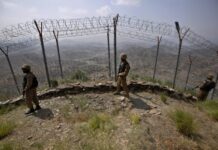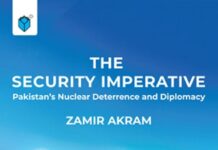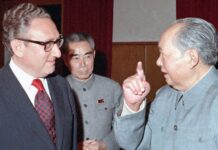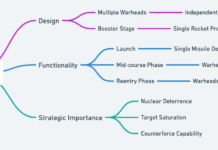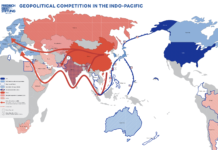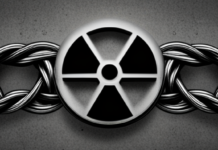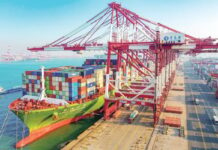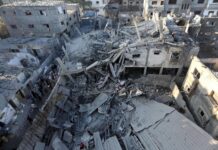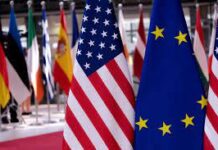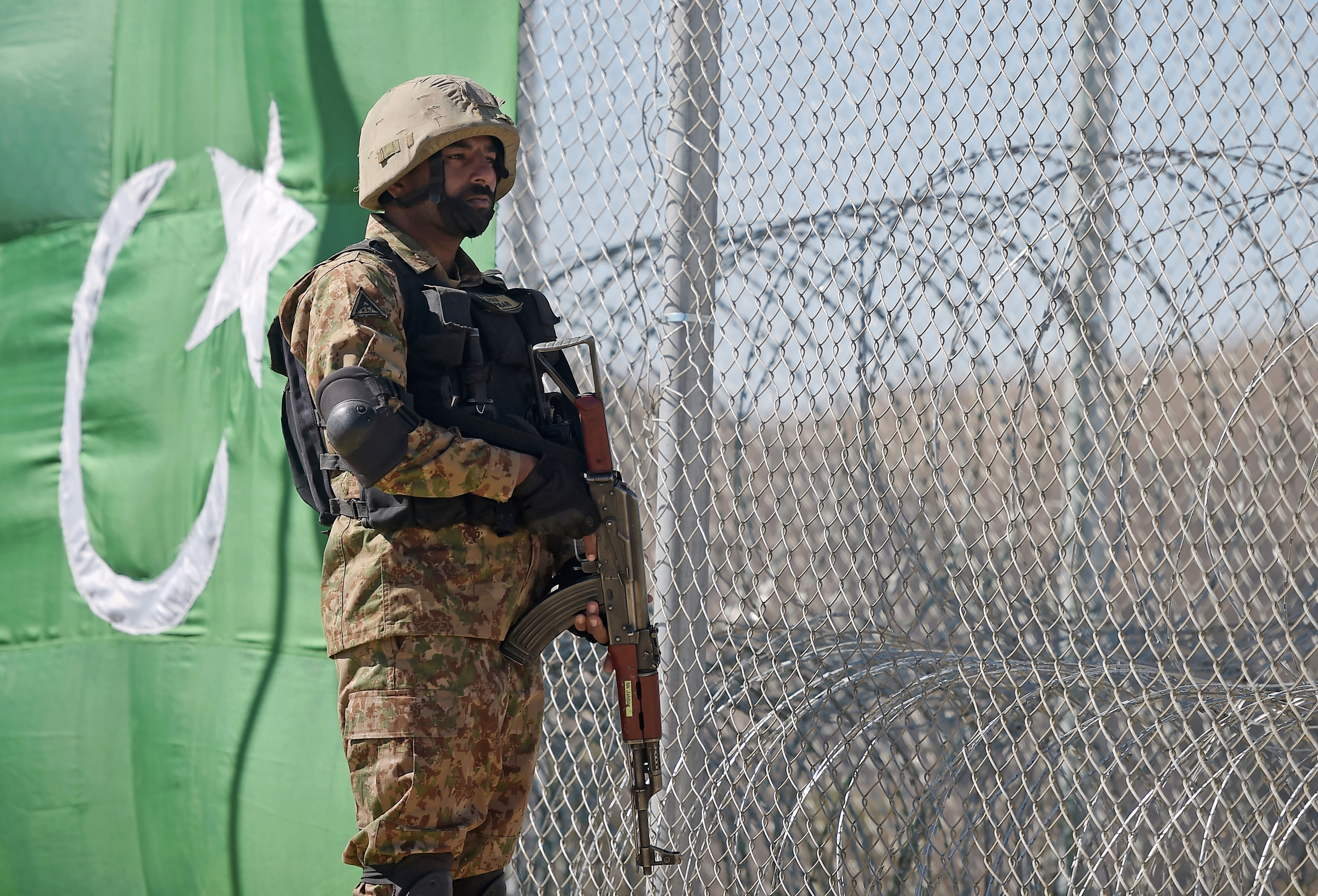Zeeshan Shahid Khan
Pakistan has been in international headlines since the nuclear tests in 1998 were carried out in response to the Indian tests at Pokhran. The tests, although a political and military necessity to ensure security through deterrence, brought Pakistan in international limelight. Spotlights are usually enticing but not always result in positive reactions or outcomes. The tests were followed by trade and military embargoes, putting economic pressures on the country. The sanctions were damaging given that the country was already struggling to strengthen and further mature its democratic system. For one reason or the other, international media has ever since portrayed Pakistan as an unstable quagmire of intricacies. Regional security situation became further complicated after 9/11 when the U.S. decided to attack Afghanistan. The U.S. forced Pakistan to support its military intervention in Afghanistan, a country which at the time of 9/11, had almost achieved internal unification and relatively stable peace under the rule of Taliban, a reality, most security analysts refuse to accept until today for fear of being labeled as pro-Taliban. At the cost of its own security, Pakistan chose to side with the U.S. The U.S. decision to attack Afghanistan instead of agreeing to carry out an international trial of the alleged perpetrators of 9/11,resulted in an unending conflict in the graveyard of empires. Moreover, the decision plunged the whole region into an unnerving conflict that had what some would call “orchestrated” ramifications for Nuclear Pakistan and the whole region. This resultantly brought numerous faultlines impacting national security of Pakistan to light.
Pakistan lies at a cross-cultural bridge between east and west. With this distinction, comes the amalgamation of multiple thoughts, ideas, religions and economic interests of various international players. From countering the age-old strategic interest of the Reds to reach the warm waters of the Indian ocean, to securing the corridor for access and movement of natural resources of the region, each strategic alliance has wanted to gain at least some degree of control over the region in the past. The competing empires and their alliances have continued to change over time. As one falls, the other rises. Interests in the region by rising and competing powers, however, have remained the same since Alexander The Great. Like competing powers, competing ideas have also evolved due to trade between east and west through various branches of the silk route. As a result of this, and the changing regional environment after partition of the British Indo-Pak Sub continent, Pakistan has developed diverse sets of variables which have acted as pivots for various competing ideas, sub-systems of control and influence, internal politics and security landscapes.
Religion, being the key element dictating the regulation of daily lives of the people of the “Islamic Republic” of Pakistan, holds a primary position. This fact has been thoroughly exploited since partition by all and the sundry. This is true for politicians aiming to gain political ascent to rule, or various international powers using their version of Islam to polarize public opinion or militant power in their favour for support against another state. Sectarian divisions have similarly been used time and again to further wreak havoc anddestabilize the country as a 5th Gen Warfare tool, or to remove one political ruling power for the benefit of the other, with or without external intervention. Therefore, unregulated religious groups and sectarianism continue to remain two of the most obvious faultiness in Pakistan which if not managed as per a well-deliberated plan will continue to be used against the state in future. One example is the galvanization of religious groups post 9/11 in Pakistan. The groups were used brutally by numerous anti Pakistan foreign entities against Pakistan to direct the country’s policies and responses internally and externally.Cost-Benefit analysis of terror attacks carried out in the country over the last 15 years can be drawn to show who were the key beneficiaries of it on the international/regional fronts. Repeated movements of Tahir ul Qadri’s forces, Maulana Fazlur Rehman‘s dharnas are the clearest recent examples also falling in this same domain.
Rampant corruption, lack of the rule of law, and politically influenced justice system are another interlinked reality in Pakistan, which more than often act as a catalyst for internal dissatisfaction in the masses and resultant disorders. This triad can be termed as the building block for other fault-lines to stand and thrive. Justice system is the pillar upon which the state functions. Corruption negatively affects it and mars the efficacy of related government minions directly responsible to keep the rule of law in place. Unless additional countercheck systems are employed, this triad will remain a faultline to be exploited by internal or external players for their own benefits.
The combination of business and politics rarely ever makes an unbiased and fair governance system. As long as leadership is inclined to invest in businesses while in power, the aforementioned triad will continue to thrive and related dissatisfaction and anger in the common man will continue to rise. Internal reactions aside, leadership investing in countries which are already in Low Intensity conflict or 5th Generation Warfare with our state, is a clear and obvious crime which has gone unchecked for long. This by all definition of the term, is economic treachery to the state that is being ruled. Rulers or parliamentarians can never be loyal to a country when they are making money in the enemy state. Moreover, pursuit of such business interests while in power is also morally and ethically incorrect and must therefore be made illegal by law. Digitizing government related processes and installing strict measures to counter check the efficacy of system with modifications when necessary are a must to minimize corrupt practices.
The more obvious fault-lines of sub nationalism, poverty and inequality exist in more or less every developing country which has a past of being colonized. Sub nationalism can be clearly traced back to when colonizers drew borders of countries based on geography rather than culture, language and other significant essentials of anthropology. Doing this, divided the people in an unnatural manner rather than unifying them based on vital aforementioned aspects. This, in hindsight sowed the seeds for future conflict within the decolonized countries. This sub-nationalistic sentiment is a factual predicament for peace and development in decolonized countries all around the Middle East and Africa where tribal and/or sectarian boundaries were purposely disregarded. Fortunately, the provincial division of Pakistan was designed keeping this consideration in mind. Sub-nationalism in Pakistan is therefore, only an externally transfused and managed charade with the aim of keeping the country unstable and therefore adding to the already present real issues to weaken the state and decelerate economic development or even physically balkanize it.
Accelerating CPEC development is a lifesaving strategy for Pakistan by embroiling
greater regional powers such as China and Russia to ensure its territorial security and safety and also by kick-starting life-saving economic rejuvenation. This should cater for eradicating at least one of the major fault-lines i.e. poverty gap by providing economic opportunity to local communities along the route. Pakistan must also ensure creating friends using CPEC instead of enemies. This can be further strengthened by inviting our core enemy state India to take active part in economic investment in CPEC, firstly as a confidence-building measure thereby engaging their economy to our benefit, and secondly for also somewhat reducing their threat by putting their economic interests in our territory. Simultaneously, the project of “Naya Pakistan” must have clear goals of eradicating the fault-lines and implement methodology to measure its progress over time if permanent changes are to be ensured. Pakistan further needs to lay out and project a clear path with processes and timelines for dealing with the root causes for existence of major faultlines highlighted earlier and ensure that all effort are focused entirely in this direction by the nation.
Zeeshan Shahid Khan was United Nations Military Observer in Sierra Leone from 2003 to 2004.



